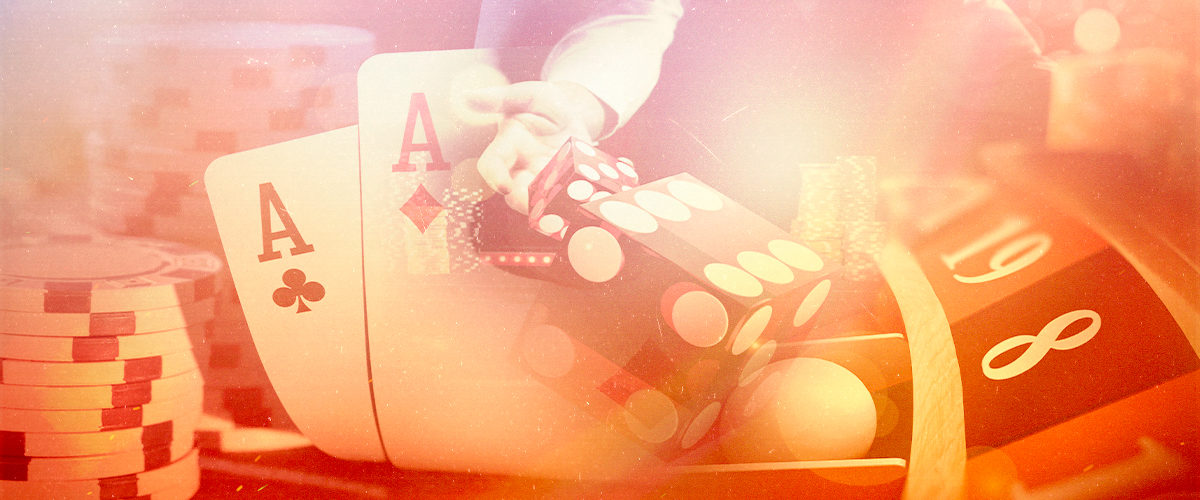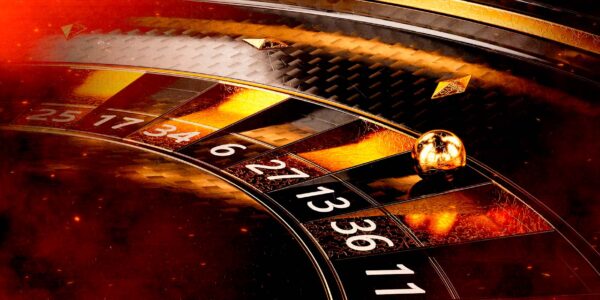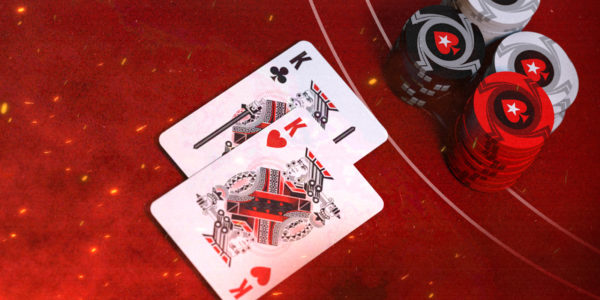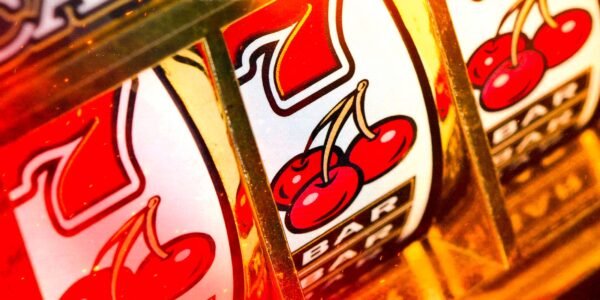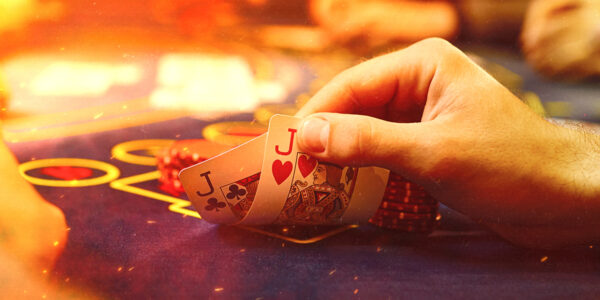A History of Casinos and Games
The world of games and gambling is ancient. An innate part of human nature, games and competition – even some similar to those we play today – go back thousands of years. Let’s explore the multi-thousand-year history of casinos and games together.
Who invented the casino?
Casinos are hallmarks of the world’s major cities, with places such as London having a long and rich casino heritage. While various gambling games predate recorded history, the history of casinos is a little easier to pin down.
The first modern-day casino, Il Ridotto, opened its doors in Venice in 1638. Historians consider this the world’s first casino . Italian for “private room”, Il Ridotto was opened to entertain patrons of the Venetian Carnival. Ordering food and drink was mandatory and there was a strict dress code of hats and masks.
The history of blackjack
The popularity of blackjack lies in the idea of beating the house. The dynamic of taking on the dealer, plus the added element of card counting to overcome a house edge, makes blackjack the most popular card game in most casinos.
The earliest record of a similar game goes back to the 17th century or perhaps earlier. A Spanish game named veintiuna (21) appears in Miguel de Cervantes’ Rinconete & Cortadillo from 1613. Records of games name veintiuna go back as 1440, though several games unrelated to blackjack have shared this name.
Various countries had similar games. Modern blackjack came together in the French game vingt-et-un (21) in the 18th century. French immigrants brought the game to America and it was established in the New World’s casinos.
There, two rules were adopted that massively improved the player experience. Firstly, the dealer had to hit on hands of 16 and lower. Secondly, players could see one of the dealer’s cards. A rule that a natural 21 made from the ace of spades and a black jack paid a bonus was short-lived – but it did give us the modern-day name blackjack.

The history of roulette
The history of roulette is almost synonymous with the history of casinos. French mathematician Blaise Pascal is generally credited with inventing the game of roulette in Paris. His quest to invent a perpetual motion machine failed, but the resultant “little wheel” (or “roulette” in French) remained. This wasn’t Pascal’s only contribution to the world of gaming. His correspondence with Pierre de Fermat led to the development of probability theory.
Paris remained the home of roulette throughout the 19th century. It became a popular casino game throughout Europe soon after thanks to French brothers François and Louis Blanc. After first expanding to Germany, Monte Carlo became the continent’s leading casino destination when the Blanc brothers secured a gaming license and opened a casino featuring a single-zero wheel.
The Blanc brothers’ single-zero roulette wheel made the game so popular that a legend developed about them. Rumour had it that the brothers had made a deal with the devil, trading their souls for the game’s success. The best part of the myth? All the numbers on a roulette wheel add up to 666.
The history of craps
Craps is one of the most recognisable games on any casino floor, mostly because of how rowdy the crowd can be! Dice games have been played since before written history, with six-sided dice being found in Mesopotamia from as early as 3,000 B.C. – that’s older than the pyramids.
Some dice were carved from square-shaped knucklebones of pigs and heel bone of sheep, with the term “knucklebones” still being used to refer to dice today. One theory on the origin of craps is that Roman soldiers would roll knucklebones on an upturned shield similar in shape to a craps table.
While this is likely apocryphal, the Romans did love their dice games. Julius Caesar famously proclaimed, on crossing the Rubicon River, ‘the die is cast’ and the Emperor Claudius ordered a special table on which to play dice in his carriage.
Modern-day craps began to take shape when John H. Winn introduced the “don’t pass” betting option to give the casino an edge without resorting to cheating, a problem in American casino games in the 19th century that offered little advantage to the house.

The history of casino slots
Any discussion of the history of casinos is incomplete without mention of the world’s most popular casino game. Coin-operated prize machines developed simultaneously on both sides of the Atlantic in the 1890s. In both the UK and the USA, slot machines became popular as part of the trend toward ‘automatic’ devices in everyday life. The generation innovating slot machines also created phonographs, motion pictures, cash registers, and vending machines.
Early slots had the following common features: a slot to insert a single coin, a window revealing three reels containing a variety of symbols, a pull handle initiating the sequence of spinning the mechanical reels, payouts for lining up certain combinations of symbols, and automatic payout in coins from the machine.
Bally revolutionised slot machines in the 1960s starting with a game called Money Honey. Money Honey debuted in late 1963. By taking advantage of advances in electronics, Bally machines remade slots in the image of the Las Vegas Strip: bright colours, flashing lights, loud noises, and the promise of fast action.
In 1979, Bally distributor William ‘Si’ Redd started International Gaming Technology (IGT), which dominated slot machine innovation and sales by the end of the decade. Shortly after IGT’s founding, it introduced the first video poker slots.

